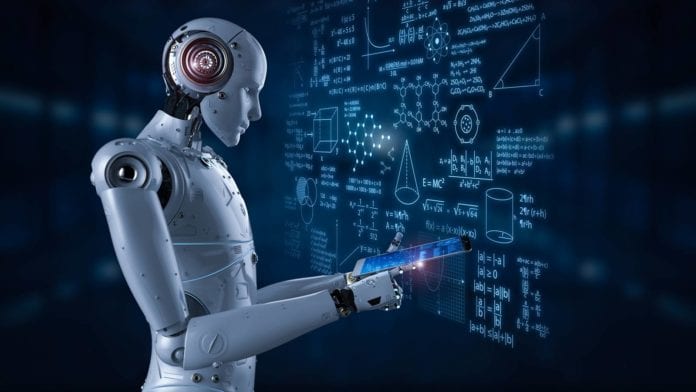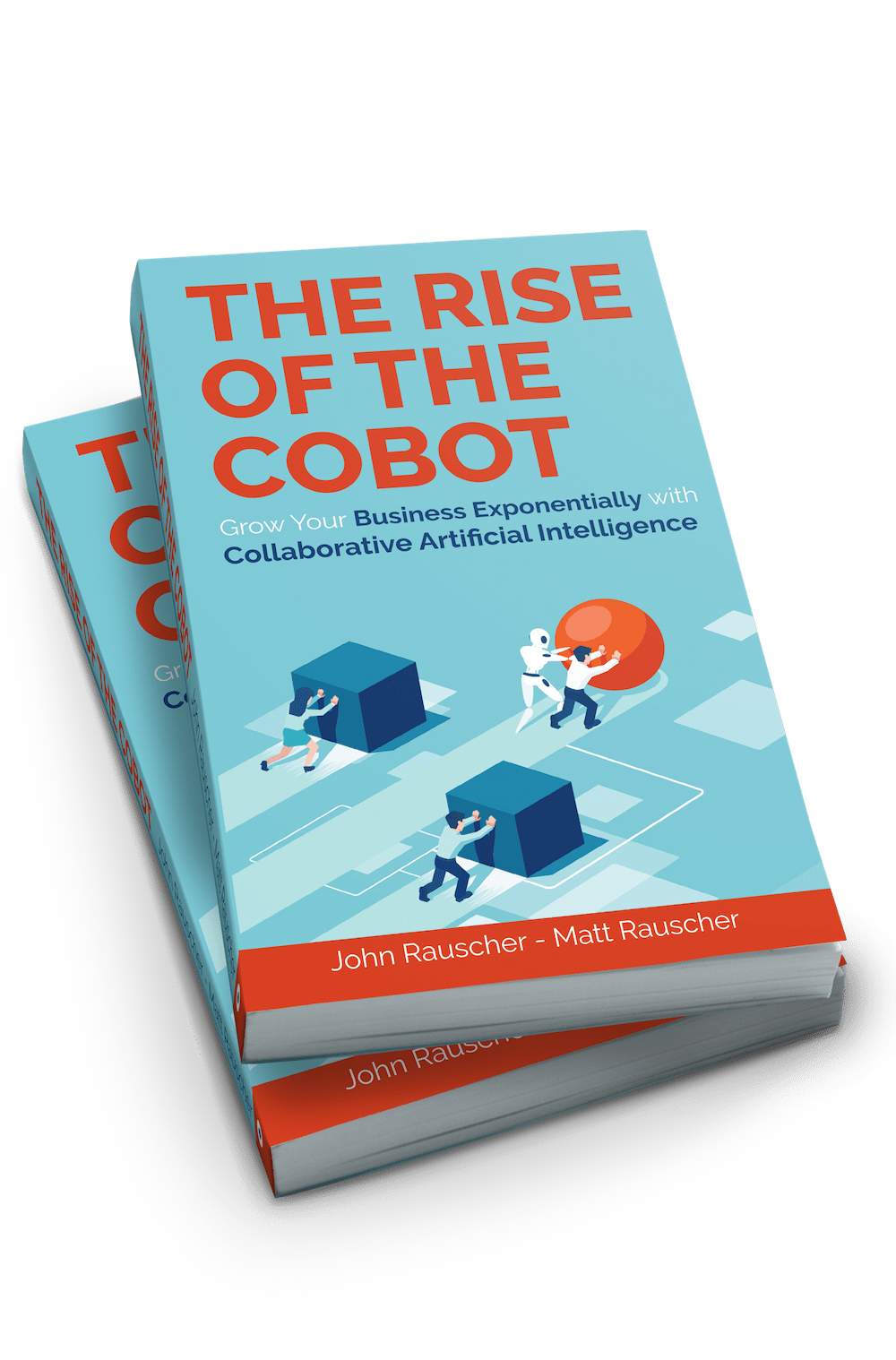We hear a lot about how AI Augments workers but I think we are looking at this the wrong way around. After ten years of working in Artificial Intelligence, I am convinced that we can only truly appreciate the added value AI provides by analyzing our strengths and weaknesses, that is the strengths and weaknesses of the human brain. Now, I should point out that I am not an expert in neurology. But based on the work of the renowned researcher, George Miller, one of the weaknesses of the brain did strike me:
The Magic Number 7!
In 1956, researcher George A. Miller of Harvard University published “The Magical Number Seven, Plus or Minus Two”. It shows, among other things, that a human being can only retain 7 +/- 2 elements in his short-term memory while making a decision. Therefore, even though modern computing allows us to collect a maximum of data, for instance “to know our customers better”, the limits of our brain greatly defeat this purpose since our ability to interpret all those stored elements is, in fact, weak.

Data Quickly Overwhelms Us

Faced with questions such as: “Who is this customer, really? What should I tell him? What advice should I give him about using our products or services? What should I sell him first and foremost, anticipating his request?” Our brain is unable to provide an immediate and logical answer based on a CRM filled with dozens or hundreds of customer data points.
This is where AI augments workers and provides companies its greatest added value in a professional context, by helping them make rational decisions based on data to be analyzed. This has been the Holy Grail of computing since its inception. Of course, this is not AI’s only benefit, but it is a crucial one.
On the other hand, to properly analyze the complementarity between human beings and artificial intelligence, one must remember that the AI available today is referred to as being “weak”. In my last book, “The Rise of the Cobot”, I prefer to use the term “simple” because it seems more accurate to me. This simple AI presents three obvious weaknesses. It has no common sense, no creativity, and no empathy. It is mono-disciplinary. Human beings therefore remain essential to validate the coherence of all final decision-making, in short this simple AI is powerful as a tool to augment human capacity but the human is still central. As for AGI (Artificial General Intelligence) which aims to be multi-disciplinary, it is just a dream for now, and the subject of a future article…


